Karaganda Entrepreneur eases restaurant and cafe woes: How a cashier role supercharged his startup

Nabi Muratbek from Karaganda progressed in his career while studying at Nazarbayev University. In his first year, he worked as a data scientist at Choco. In the second year, he became a machine learning engineer at KPMG. At the age of 20, he secured a job at one of the Big 3 firms, major strategic advisory firms like McKinsey, Boston Consulting Group, and Bain. However, he and his fellow students shifted their focus to developing the Recruitment.ai HR service, which ultimately failed. Undeterred, Nabi teamed up with former LinkedIn software engineer Maksat Kadyrov and launched their new startup, Kwaaka.
During his interview for the project "100 Startup Stories of Kazakhstan," Nabi shared the lessons he learned from the failure of Recruitment.ai. He discussed strategies to attract serious investment within the first month of the project's life and how to convince international companies to collaborate with an unknown startup.
Digital Business, in collaboration with Astana Hub, has recently launched an exciting initiative called 100 Startup Stories of Kazakhstan. The project aims to showcase the inspiring journeys of Kazakhstani entrepreneurs and Astana Hub participants from various countries who are revolutionizing the tech industry with their innovative products and services. We believe that one of them will eventually rise to the status of a Unicorn company, thereby elevating Kazakhstan's reputation in the global IT market. Through this endeavor, we hope to ignite the spirit of entrepreneurship within readers and encourage them to establish their own creative startups.
The project is available in three languages - Kazakh, Russian, and English, and is absolutely free for our heroes. If you are interested in being a part of this inspiring initiative, feel free to reach out to us at [email protected].
About the project
Kwaaka is a cloud service that addresses the issue of "tablet chaos" in restaurants. Typically, orders from aggregators like Glovo, Wolt, Chocofood, and Yandex.Food are managed in separate ledgers, necessitating manual transfers to the restaurant’'s cash desk by cashiers. Each restaurant within the chain has its own ledger for aggregators. Kwaaka simplifies this process by consolidating orders from all aggregators and seamlessly integrating them into the restaurant's cash system. The service also provides support for menu updates, stop-lists, delivery control, and analytics tailored specifically for aggregators.
«Working on the first startup felt akin to several years of studying at Stanford University»
– Nabi, you could have a brilliant career in advisory. Why did you decide to give it up?
– When I was 20, on the verge of joining Big 3, I found it all too easy and monotonous to pursue that path. The thrill was gone.
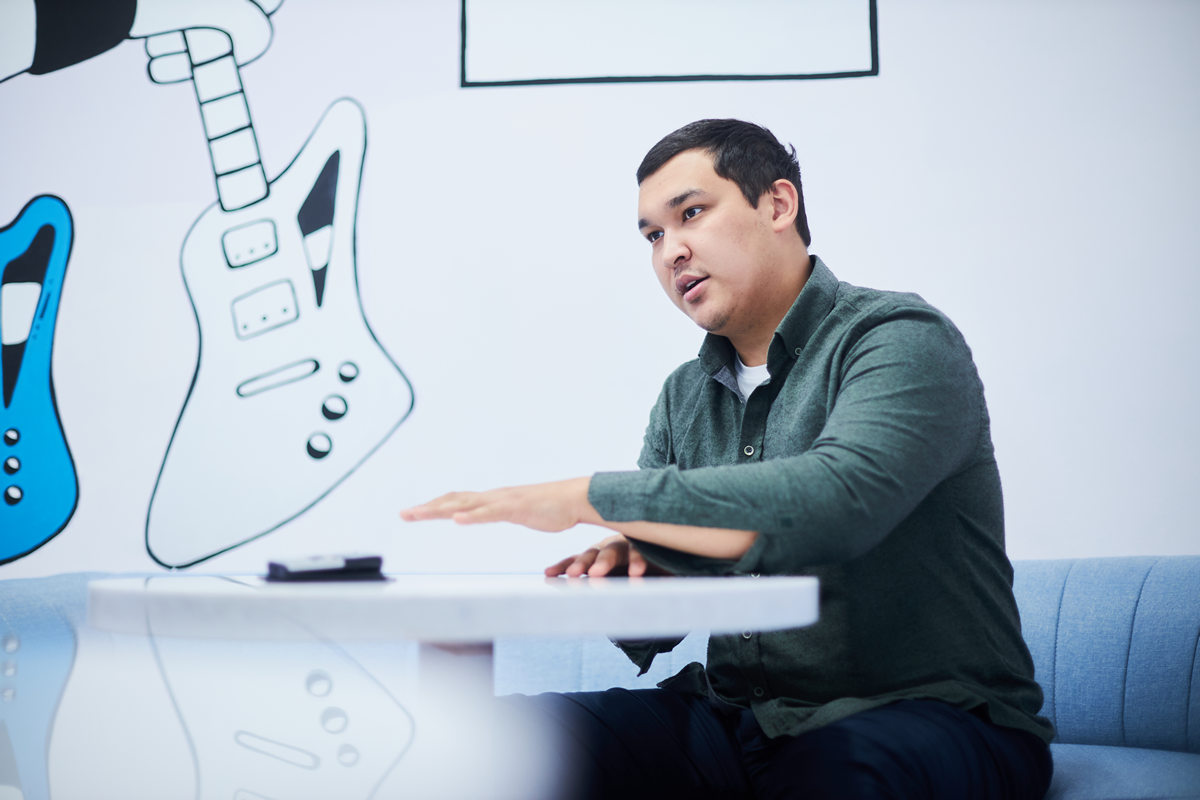
Then, the idea of a startup emerged. I felt inspired by the opportunity to develop a product at the intersection of technology and business, with the aim of enhancing people's lives. Moreover, the industry was fascinating and full of surprises.
– Your first project was an HR service called Recruitment.ai that you had to close after two years. What went wrong?
– We were deeply passionate about our idea. We dedicated 1.5 years to trying to turn it into reality, but unfortunately, our efforts were in vain. The concept aimed to automate recruitment through three tools: CV screening, video interview analysis, and a game to assess candidates' skills. Despite investing approximately USD 100 thousand into the project, it ultimately didn't succeed.
Following the setback, we made a drastic pivot. Rebranding to Onayjumys, we shifted our focus to hiring decision-making personnel, recognizing a demand in the market. However, challenges arose with initial sales. Exhausting our financial resources, we were unable to secure new investments, leading to the closure of the project.
– How did you react to the failure?
– I gained valuable insights and knowledge from the experience. We conducted customer development with major companies like BI Group and Kaspi, built a talented team, navigated through financial constraints, resolved legal matters, and successfully attracted funding. Sometimes, I jest that working on Recruitment.ai felt akin to studying at Stanford University for several years.
– At what point did the idea with Kwaaka come about?
– Around a year and a half later, after initially attempting to re-engage with the recruitment field, we shifted our focus to HR Tech companies. However, our efforts to test certain recruitment assumptions didn't yield the desired results.

In my search for a new direction, I conducted interviews with cashiers and administrators. Through these interviews, I discovered that numerous restaurants encountered challenges while integrating their cash systems with aggregators. This revelation sparked the idea for Kwaaka. Recognizing the potential of this niche, I decided to explore it further.
I commenced work on Kwaaka in February 2022, and by May, we successfully launched the project.
«A significant portion of the team worked without payment during the initial three months»
– How did Maksat Kadyrov, a senior software engineer at LinkedIn, become part of the project?
– Upon finalizing the idea, I immediately began my search for an exceptional co-founder. My goal was to find someone with substantial experience from working in a large international company and a significant background in their field. That's when I came across Maks, who perfectly fit the criteria I was seeking.
– Did it take a long time to get him on board?
– No, it didn't take long at all. Maksat naturally has an entrepreneurial spirit, juggling his work at LinkedIn with various other projects, including his own development studio. The concept behind Kwaaka resonated strongly with him.
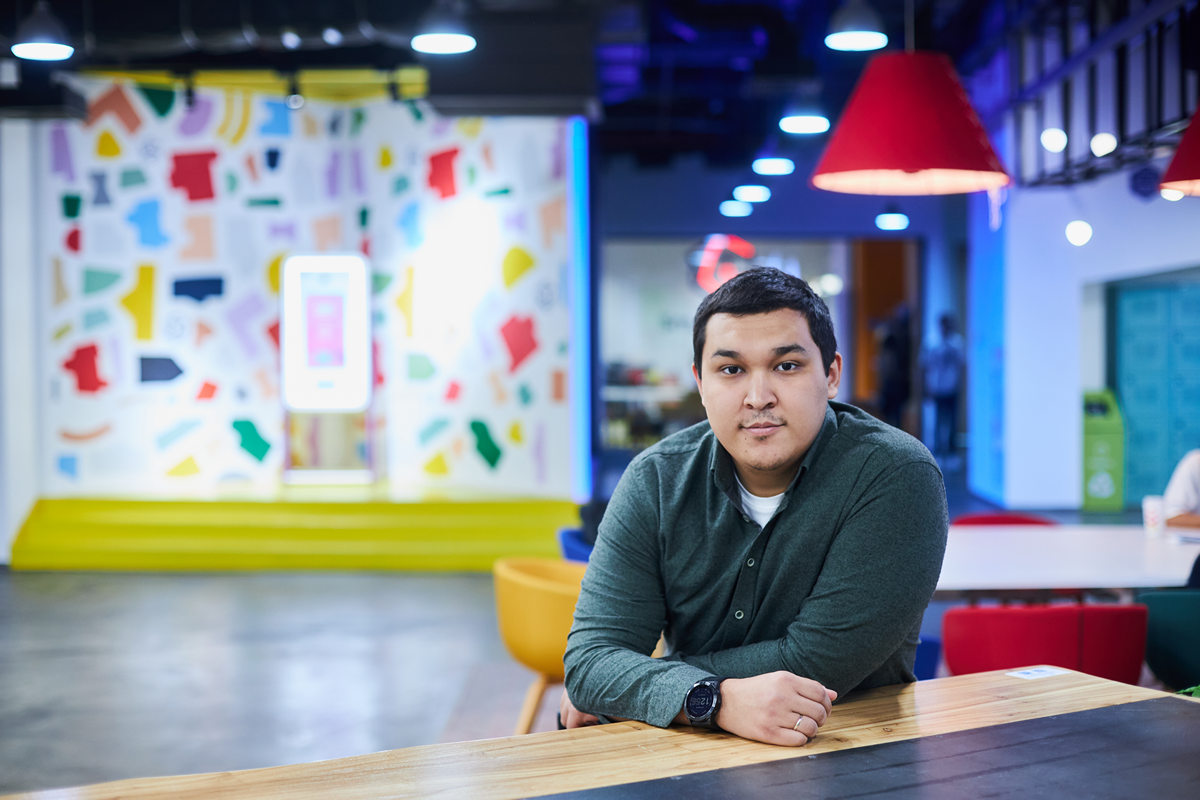
Currently, Maksat is fully committed to Kwaaka. He made the decision to close his development studio and brought the team from there to join our project. Surprisingly, he even left LinkedIn a few months earlier than originally planned. I now jokingly tell people that Kwaaka triumphed in a competition with a Silicon Valley company to win Maksat's dedication.
– How did having such a specialist on board contribute to the project's success?
– Maksat's full involvement in the development process allowed me to concentrate on fundraising efforts. With his extensive experience in developing startups, he played a crucial role in quickly testing assumptions and generating revenue from them.
Furthermore, his presence made the recruitment process smoother. Initially, our budget was around 3 million tenge, covering company formation, server expenses, legal matters, sales advisory, and nominal salaries (ranging from 100,000 to 150,000 tenge per month) for some team members.
During the initial months, a major part of the team willingly worked without any salary. It's important to note that these were not students or junior specialists, but rather mid-level professionals. Maksat's reputation helped attract them; during interviews, he assured candidates that if Kwaaka didn't succeed, he would provide references for them to apply to LinkedIn.
Leveraging my communication skills and personal contacts, I successfully assembled an initial team comprising individuals with strong backgrounds in various roles, such as developers, designers, and product managers, among others.
– What was the significance of attracting experienced personnel at the beginning of the project?
–We opted to attract experienced personnel because we aimed to develop a high-quality product from the start, minimizing the need for significant changes later on. While it might have been easier to attract inexperienced team members, we consciously chose the more challenging path of assembling a skilled and knowledgeable team.
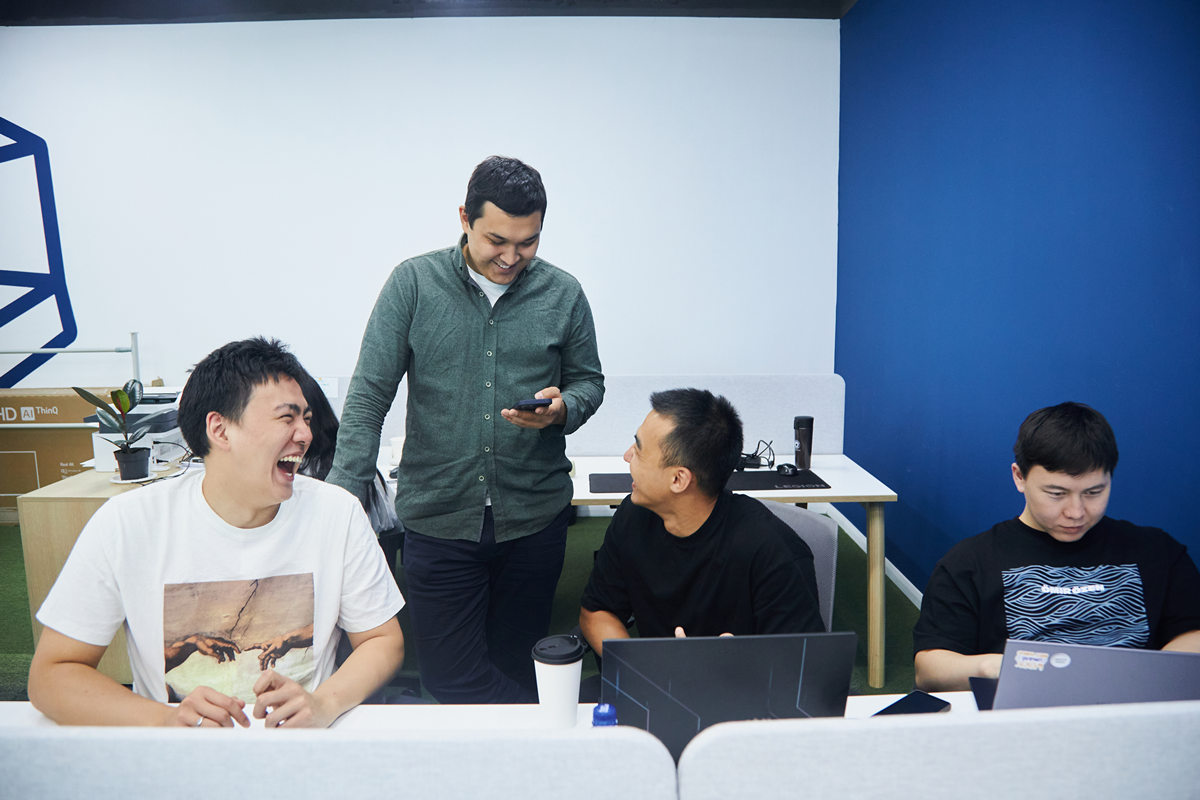
In the unpredictable early stages of a startup, having a team with strong soft skills proved essential. There were many uncertainties, such as searching for the right business model and potentially making numerous pivots. During such times, having understanding and adaptable team members was crucial to avoid burnout and maintain a positive work environment.
Our team sometimes offers making micro pivots, embracing suggestions to modify our approach to sales, partner acquisition, and feature additions.
«The experience of working as a cashier facilitated effective communication and understanding with restaurants»
– How much time did it take to acquire the first customers?
– As soon as I identified the issue of integration gaps, I approached two restaurants, "Farsh" and "Rumi," despite not having a fully developed product at that time. Adhering to my rule of not writing a single line of code until there is confirmation of a viable revenue-generating assumption, I engaged in discussions with these potential customers.
During the negotiations, I focused on understanding their pain points and addressing their concerns. To encourage them to participate in testing, I offered significant discounts. It was crucial to gauge whether our solution could enhance restaurant efficiency before the product launch.
"Farsh" was generous enough to provide us with a venue, which served as our office for 2-3 months.
– How did working as a cashier at "Farsh" for a couple of weeks benefit you and the project?
– Working as a cashier at "Farsh" for a couple of weeks provided valuable insights and a better understanding of the problem.
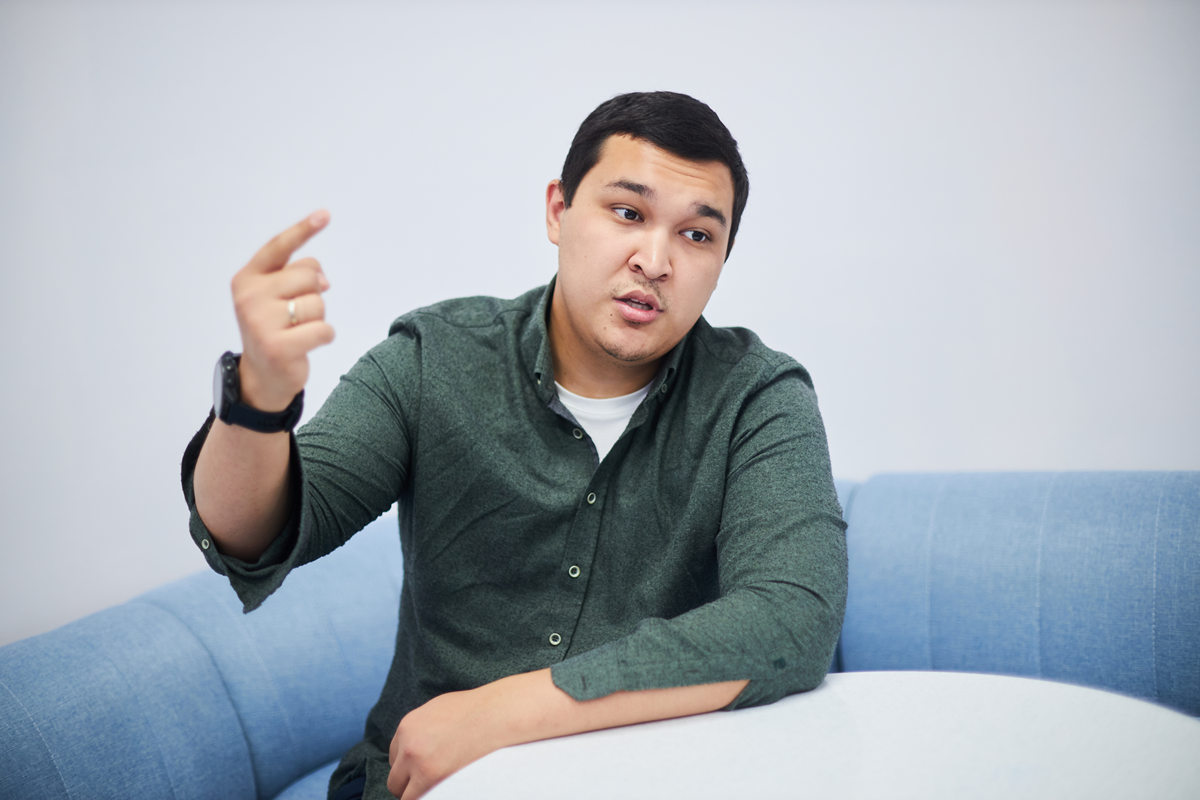
Firstly, I observed that reentering all orders required a significant amount of time and resources for the restaurant, leading to additional costs and lost profits.
Secondly, I recognized the impact of the human factor, which often resulted in errors in orders. Issues like getting the wrong line item or overlooking important comments about allergies became apparent.
Lastly, the experience allowed me to communicate more effectively with restaurants, and the successful cases of "Farsh" and "Rumi" served as compelling examples of improved efficiency. This success facilitated the process of attracting new customers, as we could demonstrate tangible results through numerical evidence.
– How did you go about negotiating a partnership with Glovo and Wolt? Did you communicate with their local offices, or did you have to reach out to the companies' head offices directly?
– It was indeed a challenging endeavor. Fortunately, we had some luck with Glovo. Having known the general manager for Central Asia through my previous work at Choco, we engaged in discussions to understand the pain points the company was facing. Numerous venues requested integration with the cash system to avoid manual duplication of orders.
Glovo's initial solution involved engaging a third-party service provider for integration, as they did not have developers based in Kazakhstan. This presented an opportune moment for us. Since Glovo already had significant partners requiring integration, our timing was right, and we were well-positioned to offer our services.
However, we encountered some bureaucratic procedures with the Spanish office, even though we obtained exclusive rights from Glovo for performing integrations in Kazakhstan.
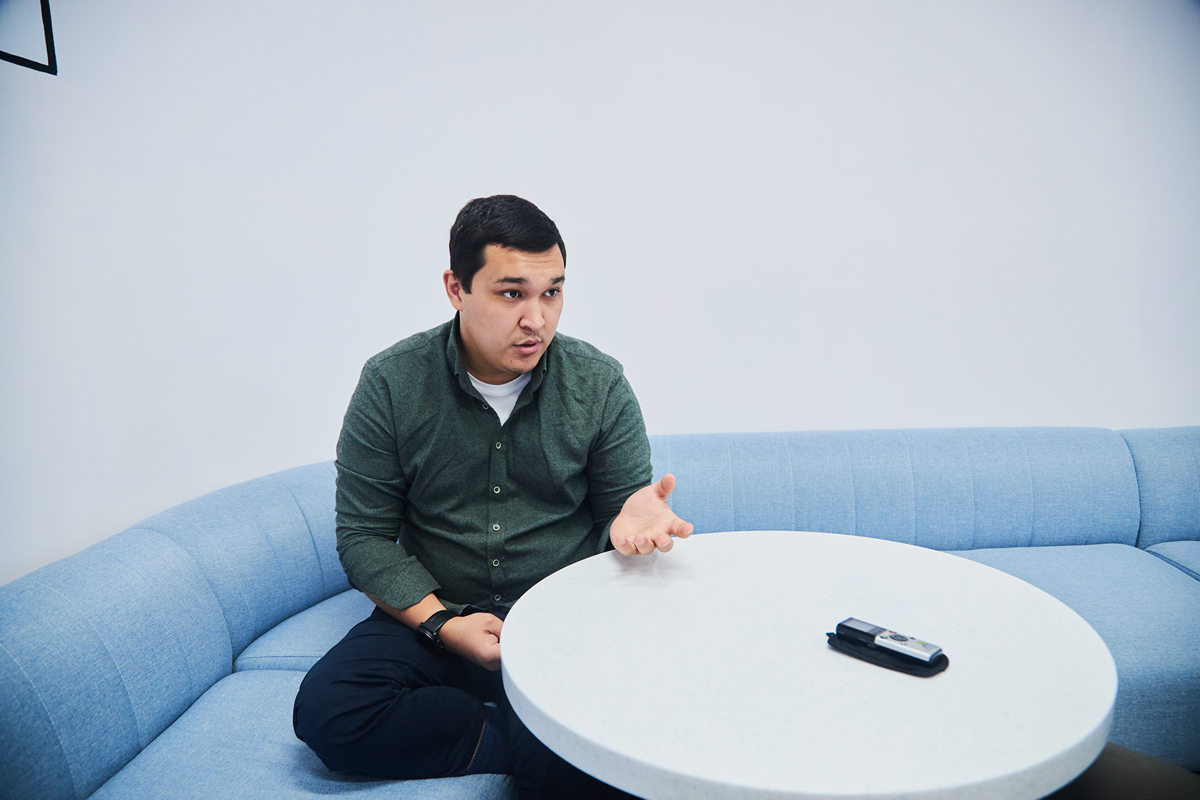
Negotiating with Wolt was a more challenging process, taking approximately six months. While they also faced a global issue with restaurants, no one in our region had received integration from them. As a result, we engaged in numerous meetings with the Finnish office to demonstrate the benefits of our services. Fortunately, we succeeded in establishing a partnership, and we are now actively working with them.
We have successfully integrated with Yandex.Food and are currently in active negotiations with Chocofood. Given our existing collaborations with many of their partners, we are optimistic about reaching an agreement with Chocofood soon.
«We experience approximately 30% monthly revenue growth»
– What factors contribute to your ability to monetize?
– Our primary monetization strategy involves restaurants paying a monthly subscription fee for each venue, with an average receipt of 25 thousand tenge per month. This subscription fee model forms the basis of our business model.
– What is the current number of venues subscribed to Kwaaka?
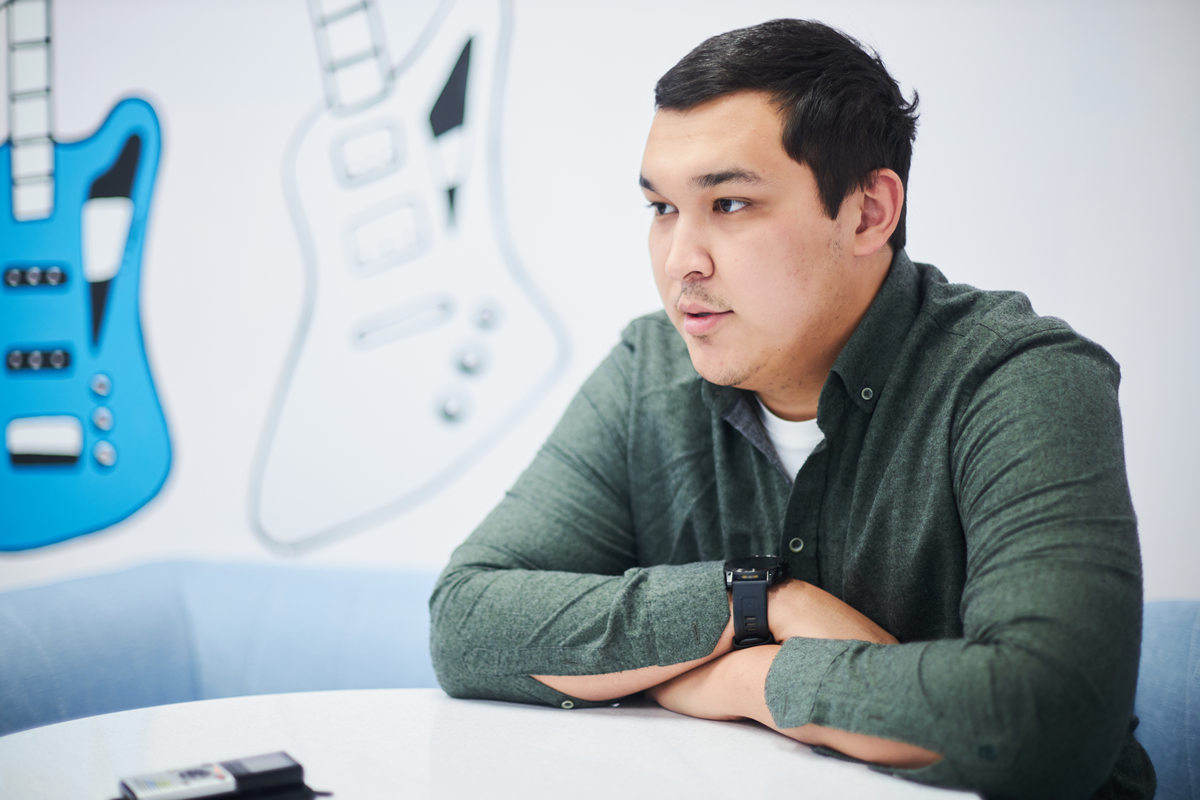
– Currently, we have approximately 500 restaurants subscribed to Kwaaka. Over the past 2 months, our focus has shifted from solely increasing the number of venues to enhancing the average receipt value. We achieved this by resubscribing partners to new terms, as some were initially only paying 10-15 thousand tenge per month for the subscription. Now, we have successfully raised the average receipt to 20 thousand tenge.
Looking ahead, our goal is to onboard 1.5 thousand restaurants to Kwaaka by the end of the year.
– In one of the interviews, you mentioned that the project would become profitable in May-June 2023. Did you achieve profitability as planned?
– Although we ended May with a deficit, in June, we experienced an 89% increase. However, we narrowly missed achieving even operating profit for the month. Currently, our primary focus is on expansion and hiring new personnel, which has led to additional expenses. As a result, we do not expect to see immediate profitability. Nonetheless, we remain determined to work towards profitability in the future.
«By the end of the year, our plan is to secure a new round of investments, aiming to raise USD 1 million»
– One month after the launch, Kwaaka could attract USD 50 thousand from Shanyraq. How did you manage to persuade investors to invest in a young project?
– Within that timeframe, we had a competent team, initial sales, agreements with aggregators, and a well-established development strategy. With over 100 partners eager to subscribe and 10 partners already onboarded, we could easily demonstrate our projected growth over the next one, two, and three years.
To the investors, we made it clear that the funds were intended for development purposes, not for assumption testing. This transparency resulted in securing a USD 50 thousand investment, making it a favorable deal.
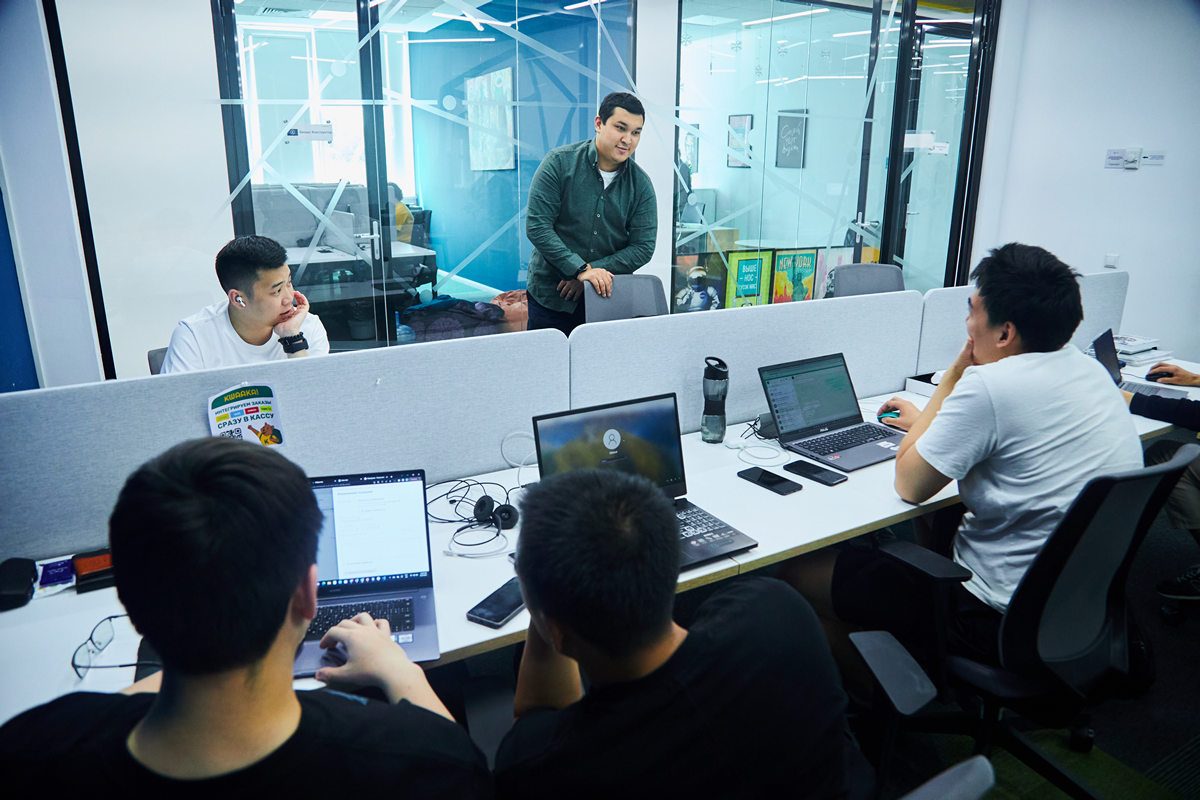
With this capital, we could sustain the startup for 8 months, although most actively developing startups would typically exhaust this amount within 4-6 months.
– What was the purpose of raising USD 235 thousand in the recent funding round?
– Our trajectory involves moving in a venture direction, with the ultimate goal of making an exit to a major aggregator or cash system. To achieve this, we recognize the importance of raising investments annually.
Currently, we require funds to scale our business and expand our reach across a significant portion of Kazakhstan, as well as enter new markets. We have been actively working on launching in Armenia, Azerbaijan, and Kyrgyzstan, and have plans to enter the Georgian and Uzbekistan markets in the near future.
To execute these ambitious plans, we needed to bolster our team. We have brought on board qualified analysts and developers and have made improvements in our sales department. Moreover, we now have a dedicated business manager and general manager who will oversee project development in Kazakhstan, allowing Maksat and myself to focus on the new markets.
– What factors influenced your decision to choose Central Asia and the Caucasus for expansion?
– There are several reasons that guided our decision to expand into Central Asia and the Caucasus. Firstly, it is more cost-effective to grow through neighboring countries. Secondly, Azerbaijan, Armenia, and particularly Georgia are witnessing a thriving food delivery market, with numerous prominent aggregators that we already collaborate with in Kazakhstan. Thirdly, the integration niche in these regions remains untapped.

n contrast, other markets like SEA, India, and Europe already have competitors gradually capturing market shares, and we currently lack the resources to compete with them effectively.
By focusing on these selected markets, we aim to establish a strong presence and occupy a significant portion of the market in the near future. Demonstrating our successful operations beyond Kazakhstan will also benefit our relationship with Glovo and Wolt, potentially easing the process of receiving integrations from them in other countries.
– How challenging is the process of localizing in new markets?
– The localization process mainly involves adding languages to process orders. Additionally, hiring an account manager for each region to onboard partners is essential. Aside from these aspects, the rest of the process is relatively straightforward. We have already identified interested large partners in Armenia and Azerbaijan, and we are making significant progress in Kyrgyzstan and Georgia.
– What are the upcoming plans for your near future?
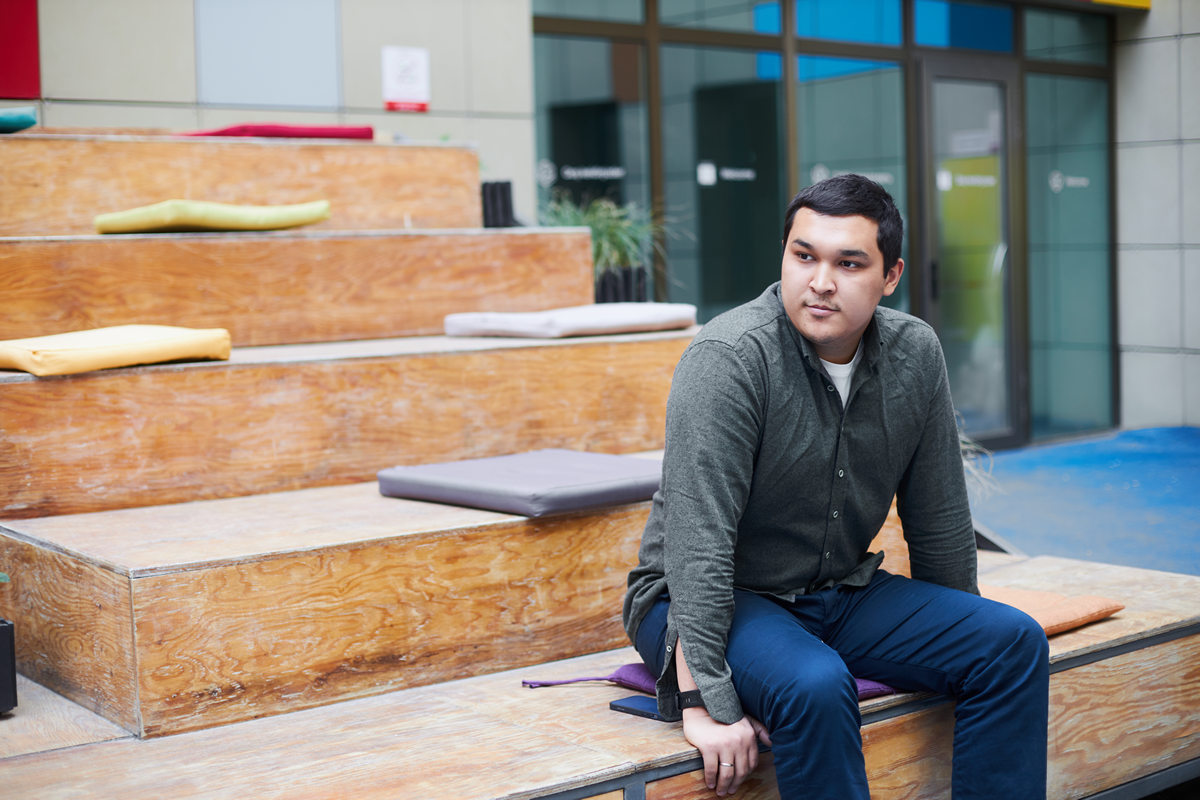
– Our immediate plans include seeking a new round of investments by the end of the year, aiming to raise USD 1 million with a valuation of USD 10 million. The funds are essential to solidify our presence, aiming for a 20% market share in both the Caucasus and SEA regions. Moreover, we intend to explore and test opportunities in other countries, such as North Africa.
Our current primary focus is on expansion and achieving a revenue growth rate of 20-30% every month. To support this growth, we are planning to implement new key integration tools, which will enhance our ability to penetrate new markets swiftly and potentially increase the average receipt value.


